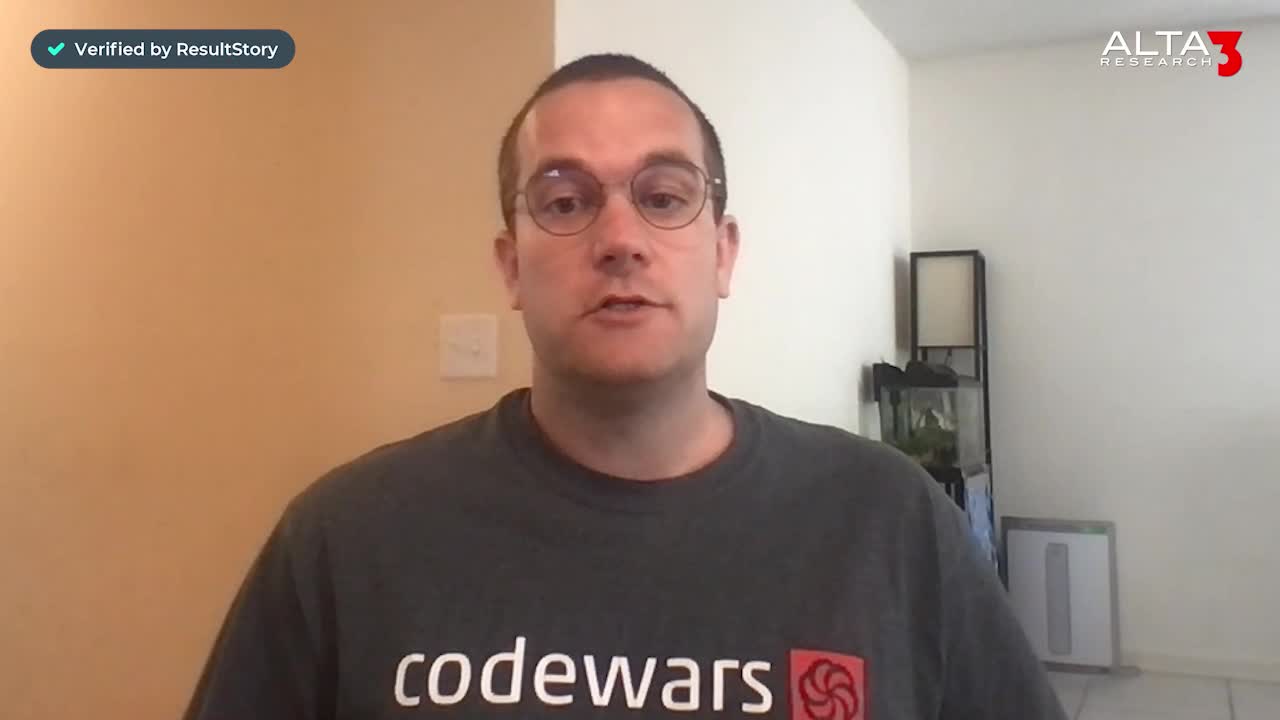Certified Ethical Hacking & Countermeasures (CEH v9) Training
Enhance your cybersecurity career by mastering advanced penetration testing skills with our Certified Ethical Hacking & Countermeasures (CEH v9) Training, ideal for security professionals aiming to fortify network defenses.

Essential Skills Gained

Understand and apply the five phases of ethical hacking.

Identify and mitigate various cyber threats and vulnerabilities.

Implement countermeasures against hacking techniques.

Evaluate an organization's security posture from a hacker's perspective.
Format
- Instructor-led
- 5 days with lectures and hands-on labs.
Audience
- Security officers
- Auditors
- Security professionals
- Site administrators
Description
The Certified Ethical Hacker (CEH) program is the core of the most desired information security training system any information security professional will ever want to be in. The CEH, is the first part of a 3 part EC-Council Information Security Track which helps you master hacking technologies. You will become a hacker, but an ethical one! As the security mindset in any organization must not be limited to the silos of a certain vendor, technologies or pieces of equipment. This course was designed to provide you with the tools and techniques used by hackers and information security professionals alike to break into an organization. As we put it, “To beat a hacker, you need to think like a hacker”. This course will immerse you into the Hacker Mindset so that you will be able to defend against future attacks. It puts you in the driver’s seat of a hands-on environment with a systematic ethical hacking process. Here, you will be exposed to an entirely different way of achieving optimal information security posture in their organization; by hacking it! You will scan, test, hack and secure your own systems. You will be thought the Five Phases of Ethical Hacking and thought how you can approach your target and succeed at breaking in every time! The five phases include Reconnaissance, Gaining Access, Enumeration, Maintaining Access, and covering your tracks. The tools and techniques in each of these five phases are provided in detail in an encyclopedic approach to help you identify when an attack has been used against your own targets. Why then is this training called the Certified Ethical Hacker Course? This is because by using the same techniques as the bad guys, you can assess the security posture of an organization with the same approach these malicious hackers use, identify weaknesses and fix the problems before they are identified by the enemy, causing what could potentially be a catastrophic damage to your respective organization. Throughout the CEH course, you will be immersed in a hacker's mindset, evaluating not just logical, but physical security.
Upcoming Course Dates
No upcoming dates. Please check back later.
Course Outline
Download PDFLesson 1
Key issues plaguing the information security world
Incident management process
Penetration testing
Lesson 2
Various types of footprinting
Footprinting tools
Countermeasures
Lesson 3
Network scanning techniques
Scanning countermeasures
Lesson 4
Enumeration techniques
Enumeration countermeasures
Lesson 5
System hacking methodology
Steganography
Steganalysis attacks
Covering tracks
Lesson 6
Different types of Trojans
Trojan analysis
Trojan countermeasures
Lesson 7
Working of viruses
Virus analysis
Computer worms
Malware analysis procedure
Countermeasures
Lesson 8
Packet sniffing techniques
How to defend against sniffing
Lesson 9
Social Engineering techniques
Identity theft
Social engineering countermeasures
Lesson 10
DoS/DDoS attack techniques
Botnets
DDoS attack tools
DoS/DDoS countermeasures
Lesson 11
Session hijacking techniques
Countermeasures
Lesson 12
Different types of webserver attacks
Attack methodology
Countermeasures
Lesson 13
Different types of web application attacks
Web application hacking methodology
Countermeasures
Lesson 14
SQL injection attacks
Injection detection tools
Lesson 15
Wireless Encryption
Wireless hacking methodology
Wireless hacking tools
Wi-Fi security tools
Lesson 16
Mobile platform attack vector
Android vulnerabilities
Jailbreaking iOS
Windows phone 8 vulnerabilities
Mobile security guidelines
Tools
Lesson 17
Firewall, IDS and honeypot evasion techniques
Evasion tools
Countermeasures
Lesson 18
Various cloud computing concepts
Threats
Attacks
Security techniques and tools
Lesson 19
Different types of cryptography ciphers
Public Key Infrastructure (PKI)
Cryptography attacks
Cryptanalysis tools
Lesson 20
Various types of penetration testing
Security audit
Vulnerability assessment
Penetration testing roadmap
Your Team has Unique Training Needs.
Your team deserves training as unique as they are.
Let us tailor the course to your needs at no extra cost.
See What Other Engineers Are Saying
Trusted by Engineers at:
and more...

Aaron Steele

Casey Pense

Chris Tsantiris

Javier Martin

Justin Gilley

Kathy Le

Kelson Smith

Oussama Azzam

Pascal Rodmacq

Randall Granier

Aaron Steele

Casey Pense

Chris Tsantiris

Javier Martin

Justin Gilley

Kathy Le

Kelson Smith

Oussama Azzam

Pascal Rodmacq

Randall Granier